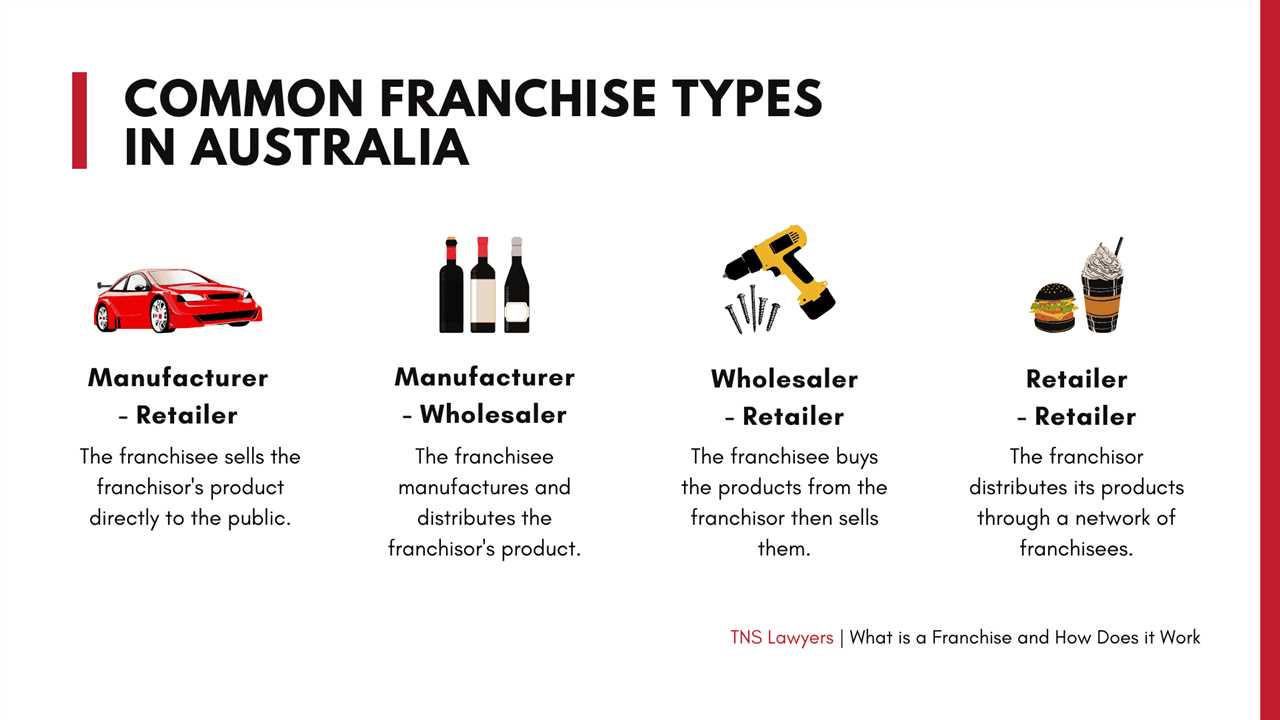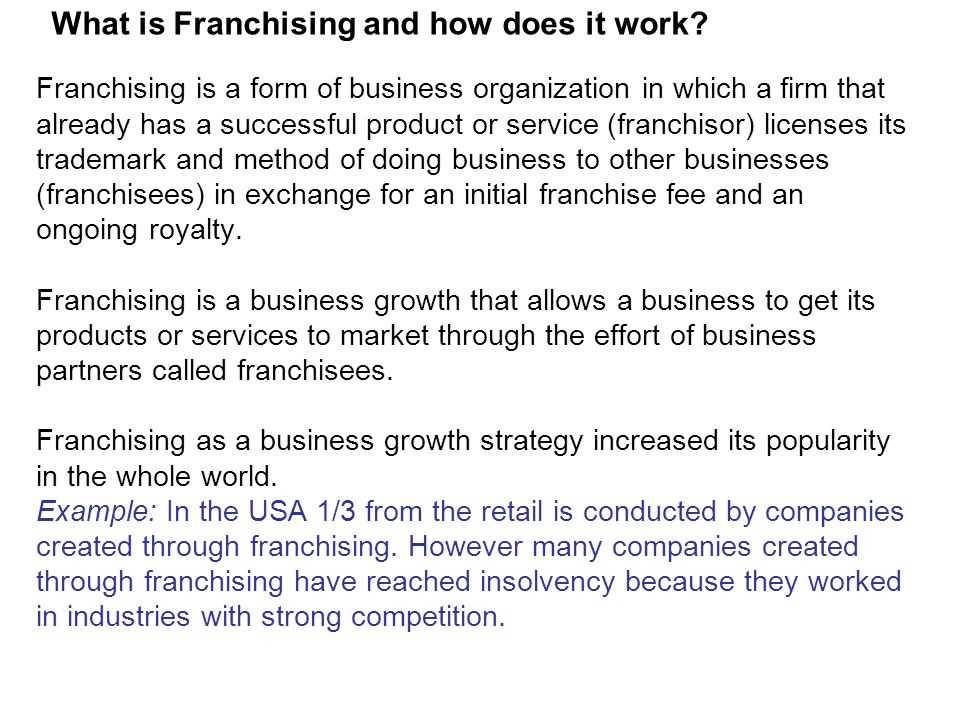Types of Corporations

C-Corporation
A C-Corporation is the most common type of corporation. It is a separate legal entity that is owned by shareholders. One of the main advantages of a C-Corporation is that it offers limited liability protection to its shareholders, meaning that their personal assets are protected from the debts and liabilities of the corporation. Additionally, a C-Corporation can issue different classes of stock, allowing for flexibility in ownership and investment.
S-Corporation

An S-Corporation is a special type of corporation that allows for pass-through taxation. This means that the corporation itself does not pay taxes, but rather the shareholders report the corporation’s income and losses on their personal tax returns. In order to qualify as an S-Corporation, the corporation must meet certain eligibility requirements, including having no more than 100 shareholders and only one class of stock.
Other types of corporations include Limited Liability Companies (LLCs), which combine the limited liability protection of a corporation with the pass-through taxation of a partnership, and Nonprofit Corporations, which are organized for charitable, educational, or other non-profit purposes.
Choosing the right type of corporation for your business is a crucial decision that can have long-term implications. It is important to consult with a legal and tax professional to determine which type of corporation is best suited for your specific needs and goals.

Emily Bibb simplifies finance through bestselling books and articles, bridging complex concepts for everyday understanding. Engaging audiences via social media, she shares insights for financial success. Active in seminars and philanthropy, Bibb aims to create a more financially informed society, driven by her passion for empowering others.
